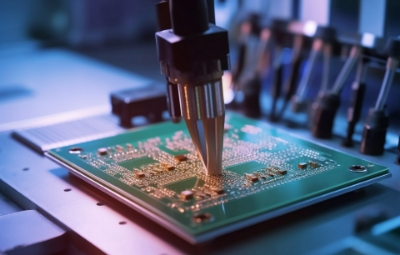Texas Instruments (TI) has produced 64 megabit ferroelectric memory (FRAM) chips in the standard CMOS logic process, thus identifying this technology as a cost-effective alternative to embedded flash memory and embedded DRAM in various application fields. Like processors, peripherals, and other devices, embedding memory on the same chip not only reduces the number and complexity of system chips, but also improves system performance and data security. In order to reduce manufacturing costs and achieve ultra-low power consumption, TI has chosen FRAM among numerous embedded memory options. The 64 megabit FRAM devices produced by TI also have the industry's smallest FRAM unit to date, only 0.54um2.
The characteristics of FRAM, such as fast access time, low power consumption, small unit size, and low manufacturing cost, make it suitable for program and data applications, making it very suitable for wireless products. Other potential market applications include broadband access, consumer electronics, and a wide range of programmable DSPs for TI.
The initial FRAM test chip of TI was manufactured using a standard 0.13 micron copper wire interconnect process that only required two additional mask steps. The 1.5V chip showcases the smallest FRAM unit to date, measuring only 0.54um
Recommend News
-
Phone
400-9682 003




